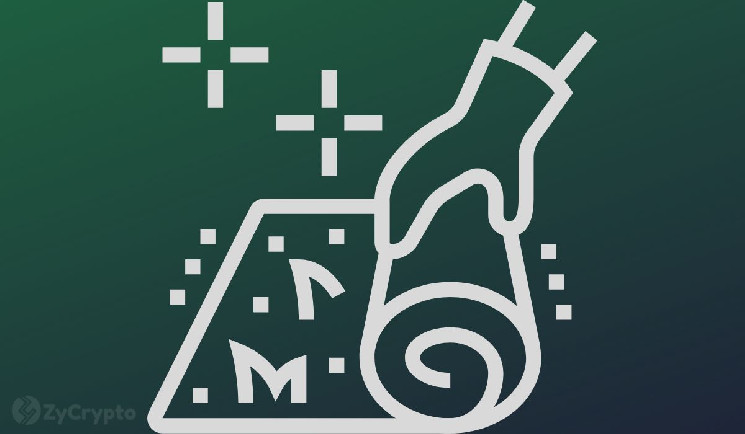- Circle launches USDC cross-chain transfer protocol across Ethereum and Avalanche, cutting off the use of third-party bridges.
- The team behind the project says the move will ease the user experience, improve market liquidity, and aid capital efficiency.
- The CEO of Circle expects a turnaround amid plunging market cap and regulatory concerns in the past few months.
The race for interoperability among stablecoins has heightened in recent years as networks seek to make digital ecosystems less fragmented and exclusive.
Circle, the company behind the USD Coin (USDC), has released a mainnet protocol that allows users to transfer USDC between Avalanche and Ethereum networks seamlessly. The Cross Chain Transfer Protocol (CCTP) will work without third-party bridges meaning that users will no longer be required to deposit their assets with a Circle partner to transfer assets between networks.
According to the team, unlike traditional bridges, this transfer protocol burns all tokens and issues new ones on the receiving blockchain. Assets will not need to be stored on the sending chain before being claimed on the other network.
Joao Geginatto, the vice president of Circle, has expressed faith in the protocol stating that it will improve liquidity, ease user experience and help capital efficiency in DeFi.
“With CCTP, developers can simplify the user experience, and their users can trust that they are always transacting with a highly liquid, safe, and fungible asset in native USDC.”
According to Circle, several top cross-chain protocols, like MetaMask, Cela, LayerZero, Wormhole, etc, have pledged to integrate the new transfer protocol.
The CCTP solves the fragmentation and exclusive problems attributed to most chains. Furthermore, the issues linked with unofficial versions of USDC in several networks due to bridge issues will gradually become history with the CCTP as the official way of transferring the asset.
Innovation is the only way out
With developers churning out new upgrades and features, USDC has a chance to reclaim its over $50 billion market cap. USDC has been in the waters for months due to technical and regulatory issues. In March, the stablecoin lost its peg after the revelation that it had $3.3 billion Silicon Valley Bank in the wake of the bank’s saga.
To compound the stablecoin woes, it has consistently lost market share to its rival Tether in Q1 2023. Amidst the uptick in the digital asset market in the past three months leading to a market cap of $1.2 trillion, USDC recorded losses of 26.9% while Terra gained 20.9%.
Recently, Circle’s CEO Jeremy Allaire blamed the dwindling market share of USDC on the current state of crypto regulation in the US as the SEC crackdown continues.
 zycrypto.com
zycrypto.com
